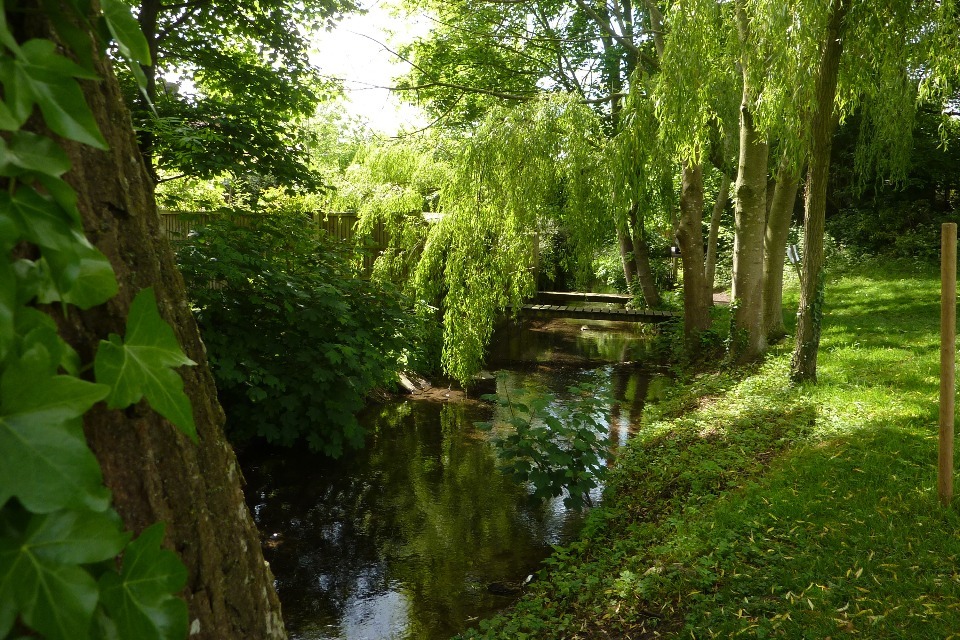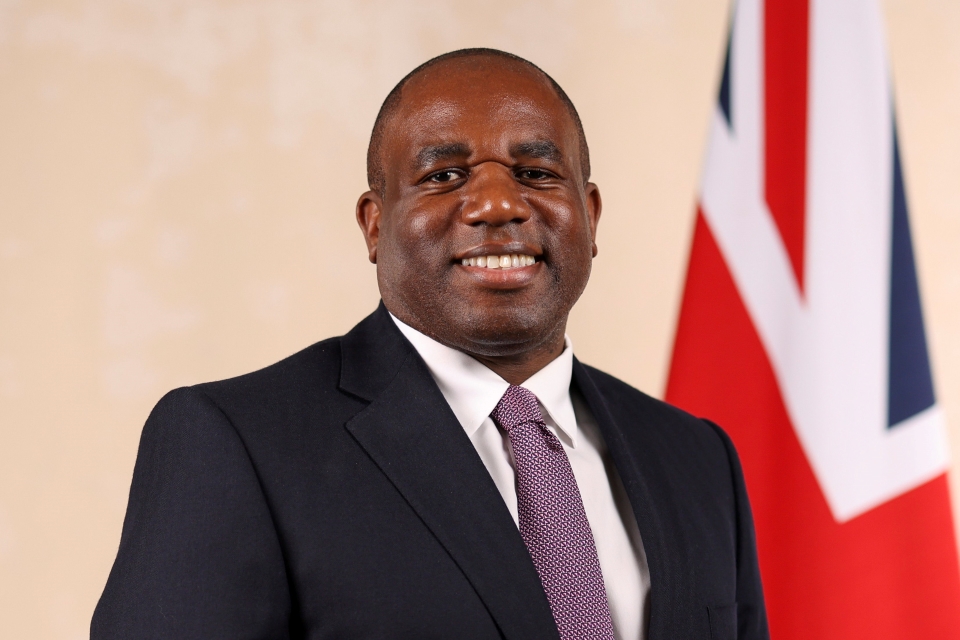Sewage pollution from water companies will be cut in half by the end of the decade, the Environment Secretary Steve Reed will pledge today (Sunday 20 July).
Our rivers, lakes and seas will be the cleanest since records began, meaning millions of families will benefit from cleaner beaches and rivers.
For the first time the Government has made a pledge to cut sewage pollution with a clear target which they will be held accountable to.
The Government, in partnership with investors, has secured funding to rebuild the entire water network to clean up our rivers.
In one of the largest infrastructure projects in this country’s history, a record £104 billion is being invested to upgrade crumbling pipes and build new sewage treatment works cutting sewage pollution into rivers.
Over the past year, the Government has introduced a package of measures to slash pollution levels. Bills are now ringfenced to force companies to invest in upgrades and over £100 million of water fines are being spent on local clean-up projects.
The commitment comes as the Government vows “root and branch reform” to usher in a revolution in the water industry, ahead of the Independent Water Commission’s final report.
Environment Secretary Steve Reed said
Families have watched their local rivers, coastlines and lakes suffer from record levels of pollution.
My pledge to you the Government will halve sewage pollution from water companies by the end of the decade.
One of the largest infrastructure projects in England’s history will clean up our rivers, lakes and seas for good.”
The Government has already taken decisive action to clean up England’s waterways.
- Record investment with £104 billion to upgrade crumbling pipes and build sewage treatment works across the country.
- Ringfence customers’ bills for upgrades customer bills earmarked for investment must now be spent on new sewage pipes and treatment works – not spent on shareholder payments or bonuses.
- Reinvesting company fines into local projects with over £100million being invested into local clean-up projects in communities.
- Largest budget for water regulation the Environment Agency received a record £189 million to fund hundreds of enforcement officers to inspect and prosecute polluting water companies.
- Polluter Pays companies will now cover the cost of prosecutions and successful investigations into pollution incidents, enabling the regulator to hire more staff and pursue further enforcement activity.
- Banning wet wipes containing plastic in England introducing legislation to reduce microplastics in our waters.
- The Water (Special Measures) Act banned unfair bonuses for ten polluting water bosses this year and threatened prison sentences for law-breaking executives.
This package of measures will slash storm overflow spills by 50% by 2030 and halve phosphorus from treated wastewater by 2028.
Both contaminants choke our rivers, suffocate wildlife and destroy ecosystems. In 2024, sewage spilled into waterways for a record 3,614,428 hours.
Pollution levels were a decisive factor in the Government launching the Independent Water Commission last October – the largest review of the sector since privatisation.
Led by Sir Jon Cunliffe, the Commission’s final report will be published on Monday with recommendations on regulation, strategic frameworks and support for consumers. The Government will respond to the recommendations in Parliament on Monday.
FURTHER INFORMATION
PLEDGE
Environment Secretary Steve Reed’s pledge is based on
- A 50% reduction in spills from storm overflows – an outlet from the public sewer that spills both sewage and rainwater into the environment – by 2030.
- A 50% reduction in the amount of phosphorus from water company treated wastewater entering our waterways by the end of January 2028.
- Work with devolved governments to ban wet wipes containing plastic across the UK. We will go further to tackle the issues caused by unflushables to reduce plastic and microplastic pollution, particularly in our waters.
- Continued work on pre-pipe measures, such as sustainable drainage systems (SuDS) which help to reduce pressure on the sewerage system.
- The start of trials by water companies of nature-based solutions, such as constructed wetlands, to investigate if they can be used in the treatment process to reduce harm.
STORM OVERFLOWS
- There are around 14,500 storm overflows in England, which are designed to act as relief valves when the sewerage system is at risk of being overwhelmed, such as during heavy rain.
- The Government has required all storm overflows to have event duration monitors installed which provides information on sewage discharges. That information is published in near real time. Coverage reached 100% by the end of 2023.
- Today’s pledge is for a 50% cut in spills from storm overflows by the end of December 2029, based on a 2024 baseline.
- There was an average of 32 spills per storm overflow in 2024.
- The Storm Overflow Discharge Reduction Plan (SODRP) has set stringent targets on reducing spills, including a 75% reduction in discharging into High Priority Sites, such as chalk streams by 2035.
- The first progress report on delivery against the SODRP targets will be published later this year and then every five years.
- Around 10% of existing emergency storm overflows are currently subject to permit conditions requiring Event Duration Monitors (EDM), which monitor the frequency and duration of discharges during emergency events.
- EDM coverage is being expanded We have instructed water companies to install monitors at 50% of emergency overflows by 2030, and 100% of emergency overflows by 2035.
PHOSPHORUS
- Excessive phosphorus is the most common cause of water bodies in England not achieving good ecological status, and this nutrient is a by-product of the wastewater treatment process.
- Excessive phosphorus and nitrogen levels in the environment can result in algal blooms, which block sunlight and can release toxins that are poisonous to fish, mammals, and birds.
- There is an Environment Act statutory target to reduce phosphorus loadings from treated wastewater by 80% by 2038 against a 2020 baseline.
- There is an interim target in the Environmental Improvement Plan of 50% by the end of January 2028. This target is part of the EIP review.
- Water companies in England released 8,340 tonnes of phosphorus into waterways in the baseline year of 2020.
SUSTAINABLE DRAINAGE SYSTEMS (SuDS)
- The Government is working to ensure that sustainable drainage systems are implemented in new developments.
- Effective implementation of SuDS, including their adoption and maintenance, can reduce the impact of new developments on sewers by up to 87%.
NATURE-BASED SOLUTIONS (NbS)
- Nature-based solutions are increasingly being used to address water management challenges, such as flooding, drought and to treat discharges.
- Over the next five years, water companies will be running trials to see if they can work with natural processes and the ecosystem to reduce pollution, while also working to address leaks into the network.
- Constructed wetlands and wastewater treatment ponds can remove pollutants from wastewater and improve the quality before the treated water is released back into the environment.








